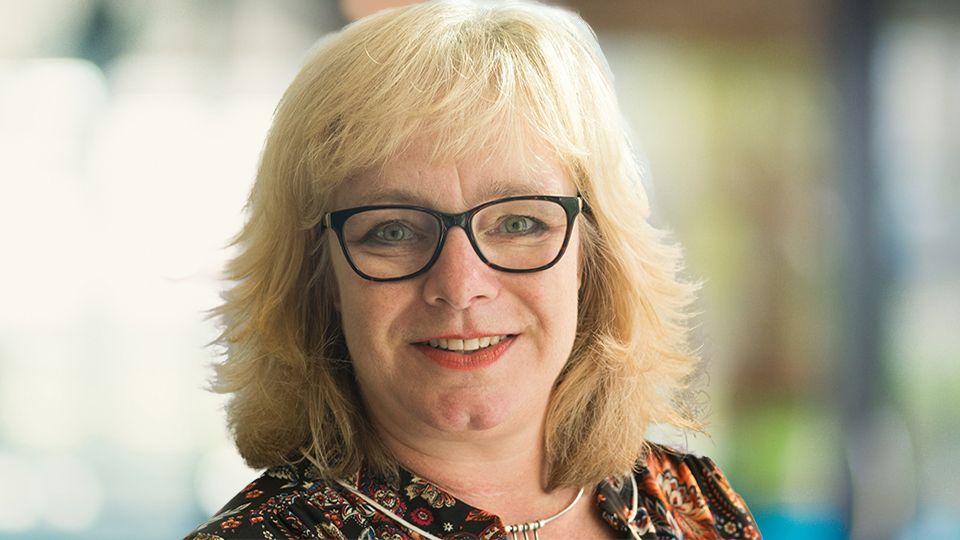We are currently awaiting further information from the FCA that will help the investment community prepare for the new anti-greenwash rule that goes live on 31 May.
While I am sure their clarification will be helpful – I’d like to manage expectations a little, not because I know what the FCA is planning (I do not) but because there is a clear conflict between the precise articulation of what is and is not acceptable and the practicalities of a principles based regime like SDR.
SDR is thankfully principles based and pretty accommodating as it is designed to enable, even encourage, diverse and innovative sustainable investment strategies. This is in part because of the vast range of sustainability challenges we face, in part because client understanding and preferences vary but also because we do not have all the answers yet.
So industry needs to be realistic. Publishing granular guidance that accommodates this need for diversity (and accommodates the industry’s dislike of overly prescriptive rules), is a tough one to pull off.
So I am not expecting any rabbits to emerge from hats, although I do expect the guidance to be helpful and am confident things will all settle down as SDR beds in. However, in the meantime I’d suggest focusing on a few basics…
The anti-greenwash rule builds on the longstanding requirement not to mislead clients. And in this area what a fund and fund management company actually does – most notably where it invests, does not invest and their approach to stewardship – matters. So these must be carefully brought together and explained.
And real life matters too. Funds typically invest in dozens of companies (and portfolios invest in multiple funds), all of which are dynamic, as their activities respond to market stimuli, multiple regulatory regimes and diverse investor demands. This makes making absolute assertions a hostage to fortune because with the best will in the world sometimes things can go wrong.
So although I suspect the regulatory regime will continue to focus on requiring fund managers and promoters to be good to their word and not say anything that can not be proven, they should also expect cautious positioning.
In many cases getting the balance right will involve building in a little wriggle room alongside clear strategies, policies, objectives and wider aims. I personally like to see phrases like ‘we aim to invest in…’ as they reflect a recognition of the realities of investing. We all know situations can occasionally change overnight and that sometimes things go wrong. Clients should too. And they should also be told exactly what will happen when the unexpected happens, which will again vary from fund to fund.
Fund managers who struggle with what that means in practice should either bring in people who live and breathe sustainability and are well placed to understand likely client responses to information, or pause their promotion of ESG or sustainability attributes. Maybe both.
Either way, managers and intermediaries should avoid hitting the green panic button – going silent – as that helps no one. We know clients are interested in sustainability, so they need to hear more about it, not less.
Greenhushing – when companies don’t not talk about sustainability for fear of criticism – is deeply unhelpful as most of us are keen to see the many environmental and social crises we face dealt with. And there is a world of difference between pausing to regroup and hiding. We need a race to the top, not the bottom.
With regard to helping intermediaries understand this area better the work of the FCA initiated industry working group, the Adviser Sustainability Group, is now underway. Our aim is to develop good practice guidelines for advisers and make recommendations about intermediaries’ training needs (details of which have been published on PIMFA.co.uk).
In doing so we hope to make sustainable investment easier to understand and explain to clients. Changing how markets work was never going to be easy, but as global temperatures soar the urgency has never been greater. We need to end the hype, restore trust and focus on delivering the future our clients are hoping for. Addressing greenwash and communicating more effectively with clients is only a small part of this, but they are important steps in the right direction.








